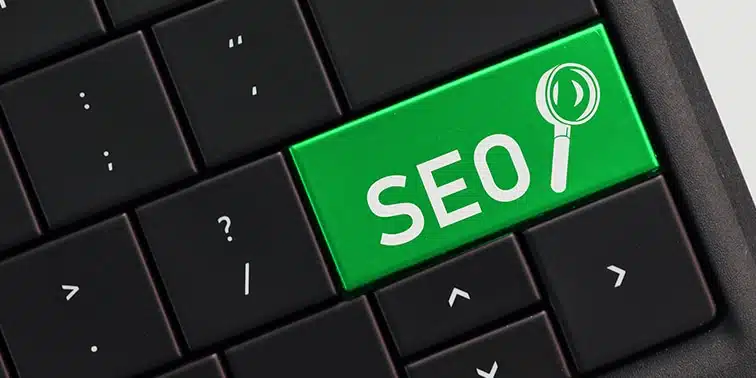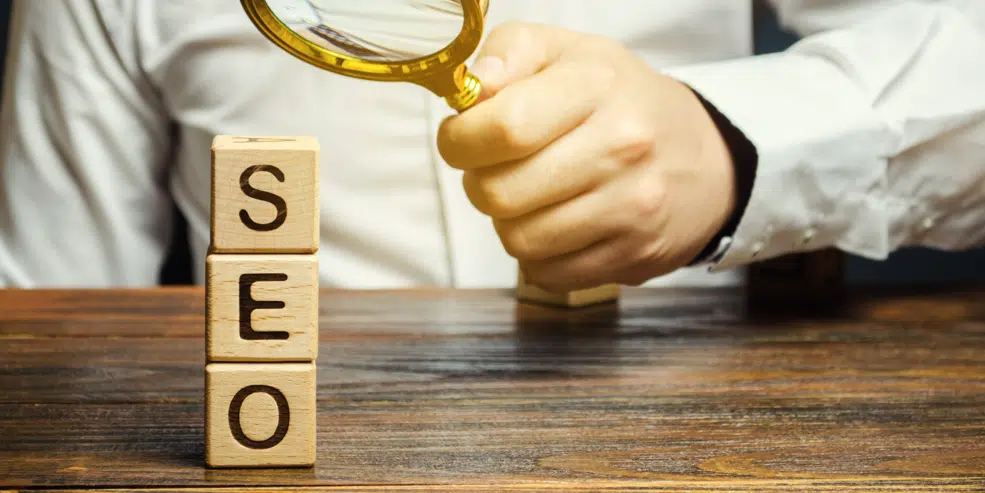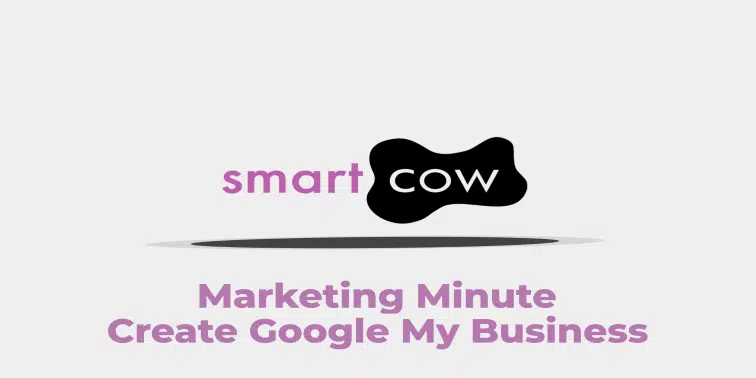With over 4.6 billion internet users worldwide, and over 7 billion searches on Google a day, making sure your website is noticed is a must. Which is why it’s important to consider using a Search Engine Optimisation (SEO) campaign to improve your online presence and make your website visible.
What is SEO?
SEO is the process of optimising your content to improve its ranking on search engines results pages (SERPs), increasing your website traffic.
Search engines use bots to ‘crawl’ pages to gather information and place these pages in an index, where various factors are analysed to determine where they rank on search engines.
As a business, it’s important that you have a clear outline of what your objectives are before implementing an SEO strategy. Having an idea of what you’re striving towards will help formulate an SEO plan and the steps you’ll take to reach those goals.
If you’re unsure as to what your SEO objectives may be, think about what your business objectives are and how implementing an SEO campaign can help you reach those objectives.
Target audience
Your target audience are the people looking for your business’s services online.
Understanding your target audience is crucial to SEO, as you’re essentially tailoring your website to reach this audience.
A great way to better understand your target audience is to create an online persona. Think of your ideal customer and create a character based on that person – this will become your online persona that helps you tailor your marketing material including website content to target that person.
A few tips to help you create this persona include reflecting on the person’s goals and the challenges they may face trying to achieve them. Think of how your products and services may be the solution for those obstacles. These steps work together to help form a personality that gives you a better understanding of how your audience thinks and how you can market to them.
Our blog has further information to help you create an online persona.
Keywords
Once you have your target audience agreed and in mind, you can start to think of content for your website which will include keywords which will form a vital part of your SEO strategy.
Keywords are words and phrases that search engines use to determine what is on your website. When used properly, keywords can help boost how your website ranks on search engines, driving more traffic to your website.
With keywords it’s all about being specific to your business. With 53% of website visitors coming from organic search, thinking about what your target audience would type in the search engine function is a great place to start to help you create a list of the keywords for your audience.
However, a word of caution, excessive keyword use on a webpage can have an adverse effect on your rankings – this is known as keyword stuffing. So, high quality content should be fresh, unique and relevant to your target audience. Use your researched keywords within your web page which will help search engines understand what is on that page. Using the relevant keywords will ensure that visitors are getting the content they came for and not leaving too soon.
There are a number of keyword research tools online to help you work out what your keywords are, such as the Wordstream and Moz keyword research tools, and our how to improve onsite SEO with keywords blog also provides further insight on keywords.
Another great SEO tip is to improve the quality of your meta-descriptions. The meta-description is a small snippet of text that appears under your webpage on search engines, to act as a summary of what the audience will find on your page and help boost click through rate (CTR) on SERPs. On search engines such as Google, the meta-description appears as a short paragraph below the web page title.
Good meta-descriptions are up to 160 characters and include targeted keywords.
Image optimisation
The optimisation of images on a website is also important and can be done in different ways. One way you can do this is by ensuring that every image has alt text – a written version of what the image contains. This helps:
- When the image fails to show up for any unknown reason, as the alt text will be used as a substitute,
- Screen readers as they read out the alt text to help the visually impaired better understand the page
- Allowing search engines to crawl and rank your website
You should always try to include targeted keywords in your alt text as they’re another indication to search engines that your page is relevant to that search.
Optimising your images also includes making sure that they’re not too large, as the larger an image is the longer it may take to load. This may slow the load speed of your website and increase the bounce rate, the percentage of visitors that visit a page and leave instead of visiting other pages too. Research carried out by Google has shown that 53% of mobile users leave a website that takes longer than three seconds to load, further proof that you need to manage image size and load speed.
Link building
Link building is the process of having internal and external links throughout your website content.
Internal links to other pages on your website help by:
- Easing navigation around your website
- Enabling search engines to crawl your website more easily
- Guiding traffic to specific pages
- Improving engagement and time spent on your website
While internal link building focuses on connecting pages on your website, external link building is all about your website URL being on other websites which then direct back to your website – also known as a referring domain.
Search engines look at the quality of the links and the quantity to help give you a domain authority score. The domain authority is a report of how relevant your website is in any specific area or market. Websites with a high domain authority score will be seen as a more trusted source and rank higher than those with lower scores, so it’s important to increase your score where possible.
The best way of getting your website on another domain is through online directories and Google My Business is perhaps the most important online directory for you to be on. For more details on Google My Business, visit our Setting up Google My Business blog.
We’ve also listed some alternative directories to help you grow your list of online directories to be featured on.
Web design
How your website is designed has a larger impact on your SEO than you may think. Search engine bots emulate the behaviour of visitors, so if they see that users are leaving your page quickly due to bad user experience, your page will get ranked down. The opposite also applies if visitors have a good user experience your website ranking will increase.
That’s why having a well-designed website can be a strong contributing factor in your SEO strategy. The best websites:
- Are easy to navigate
- Have fast load speed
- Create brand consistency
- Are responsive
A responsive website is a website that adjusts its appearance according to the device it’s being viewed on. Websites are not only being viewed on desktop devices, mobile devices account for half of website traffic. This makes it clear that having a responsive website is crucial, as you can’t guarantee what device your website is going to be viewed on. Also, responsive websites load much faster, this improves user experience and helps your website rank higher in search engine results pages – Google certainly favours websites with faster load times.
As a digital marketing agency, we offer web design services tailoring a website to the needs of the business.
Landing pages
An SEO landing page is a specific page on your website used to convert visitors into leads. Landing pages usually have the following:
- Succinct content with keywords relevant to your target audience
- Bold calls to action (CTA)
- Forms – for lead generation
- Thank you pages – to continue the conversation and market something else to your leads
Landing pages are a great way to gather data whilst also generating leads. When creating landing pages, it’s important to pay attention to how visitors interact with the web page. For example, if you see that your page has a lot of visits, but the conversions aren’t matching this could mean that the layout of your page needs to be reworked. We would always recommend creating a specific landing page if you progress with a Pay Per Click (PPC) advertising campaign.
SEO agency Croydon
There’s a lot to consider but we hope this guide has given you a good overview of the type of activity you can implement to kick start an SEO campaign for your business.
By incorporating SEO into your marketing strategy, you can enhance brand perception and online presence as it helps your business rank better in search engines. This can help generate a better rate of enquiries due to improved visibility.
If you feel you need support in getting your website optimised, then get in touch with Smart Cow Marketing to discuss your SEO needs further.



